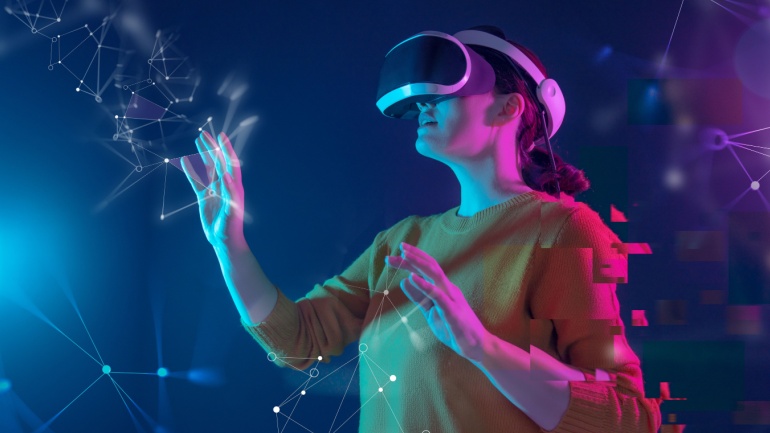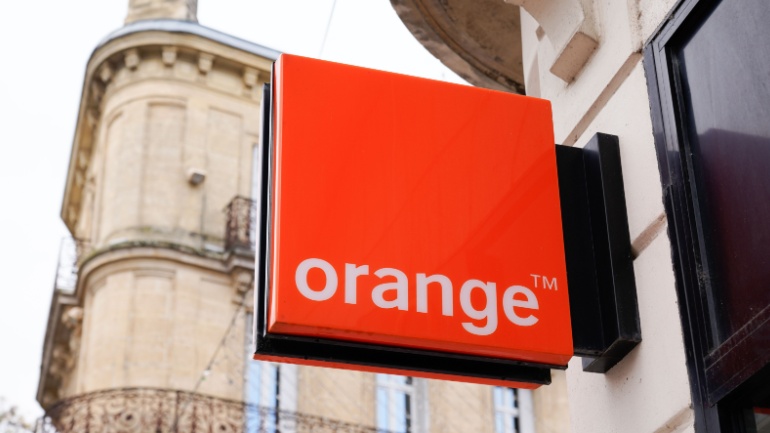The US Commerce Department has prohibited the use of Kaspersky security software across the United States, citing national security concerns. The Bureau of Industry and Security (BIS) determined that Kaspersky’s cybersecurity products pose “unacceptable risks” to US national security and public safety.
The anticipated turnaround in the augmented and virtual reality (AR/VR) market remains elusive, as first-quarter shipments have once again plummeted. According to recent data from IDC, the volume of AR/VR shipments dropped by a staggering 67.4% compared to the same period last year. This decline follows a 54.4% drop in the first quarter of 2023 from the previous year.
Orange Energies is broadening the reach of its Orange Smart Energies platform, offering prepaid access to energy through solar kits and smart meters to all energy producers across Africa. Launched in 2017, the Internet of Things (IoT) platform addresses profitability challenges by mitigating the risk of non-payment for energy providers.
The UK’s Competition and Markets Authority (CMA) has initiated an investigation into Hewlett Packard Enterprise’s (HPE) proposed multi-billion-dollar acquisition of Juniper Networks. This initial phase of the probe, announced on Wednesday, aims to determine if the merger could lead to a significant reduction in competition within the UK market for goods or services.
Filtronic, a UK-based manufacturer of RF, microwave, and mmWave components, projects substantial growth in both revenue and earnings for its recently concluded financial year, driven by its involvement in the low-Earth orbit (LEO) satellite market and sales to Elon Musk’s SpaceX. The company forecasts an EBITDA of £4.8 million for the year ending May, marking a notable increase from the £1.3 million recorded in fiscal 2023.
Actelis Networks, renowned for its cyber-hardened networking solutions for IoT, has announced a strategic partnership with Carahsoft Technology, a leading provider of IT solutions for government sectors. This collaboration will see Carahsoft distributing Actelis’ hybrid-fiber connectivity solutions to Federal, State, and Local agencies, as well as educational institutions in the U.S. and Canada through its reseller network and specific procurement contracts like NASA SEWP V and OMNIA Partners.
Soracom, Inc., a leading global provider of advanced Internet of Things (IoT) connectivity, has announced its inclusion in the Amazon Web Services (AWS) Independent Software Vendor (ISV) Accelerate Program. This program facilitates collaboration between AWS and its partners offering software solutions that run on or integrate with AWS.
Norwegian telecom giant Telenor has deepened its collaboration with Amazon Web Services (AWS), signaling a shift away from efforts to promote domestic cloud solutions. This move includes the implementation of AWS’s sovereign-by-design solutions in Telenor’s Skygard data centers.
UK-based telecom giant Vodafone is poised to divest its 21.5% stake in Indus Towers, according to undisclosed sources cited by Reuters. The company plans to execute the sale through block deals, involving transactions of at least 500,000 shares valued at a minimum of INR100 million ($1.2 million) per trading window.
Stage X, poised to become South Korea’s fourth mobile network operator, is now facing the revocation of its license due to financial discrepancies. The government is reportedly on the verge of pulling the plug on the firm’s spectrum rights, according to Yonhap news agency, which cited a statement from the Ministry of Science and ICT (MSIT).













